In the midst of an ongoing global food crisis, there is an emerging movement that seeks to empower people in rural communities with food sovereignty. It aims to develop locally binding legislation that will resist, dismantle and replace the corporate trade and global food regime.
Organic meat and poultry are a key part of this effort. The choice to eat organic is one that can support food sovereignty and benefit small-scale farmers and local communities.
Food sovereignty is the right of people to determine their own food and farming practices.
The right of people to determine their own food and farming practices is called food sovereignty. It’s the core value of La Via Campesina, a global network that promotes the idea that communities have the right to define their own food and agriculture policies.
While world agricultural systems are producing more than enough food, hunger and malnutrition continue to rise. One in nine people around the world are hungry and more than 1.5 billion are overweight.
To address these issues, food sovereignty is a movement that builds on the skills of local farmers, fishers and Indigenous peoples to manage localized food production and harvesting systems and preserve those traditions. It rejects technology that undermines this, such as genetic engineering.
In the face of these challenges, food sovereignty offers a promising approach to improve nutrition and health. It focuses on putting the right to sufficient, healthy and culturally appropriate food for all at the center of food, agriculture and livestock policies.
Organic meat and poultry support food sovereignty.
Organic meat and poultry are produced using traditional methods, without the use of synthetic pesticides, fertilizers or other chemicals. They also do not contain antibiotics or genetically engineered ingredients.
According to the USDA, organic farms must adhere to strict guidelines to receive the organic seal. A third-party certifier inspects these farms annually to ensure that the standards are met.
In addition, farmers are often required to meet animal welfare standards that go above and beyond those of conventional production. They must not mistreat or neglect the animals and their environment, as well as ensuring that they receive sufficient space and fresh air to maintain optimal health.
Consumers who are concerned about the welfare of their food are increasingly choosing to buy locally raised, humanely-raised meat. This is because it helps to reduce the impact on the environment and promotes sustainability.
Organic meat and poultry are produced by small-scale farmers.
Organic meat and poultry is a sustainable choice, promoting health and reducing the environmental impact of production. It also supports food sovereignty, the right of people to determine their own food and farming practices.
Certified organic products are grown and processed without the use of synthetic fertilizers, pesticides or herbicides. Farmers must adhere to federal guidelines addressing soil quality, animal raising practices, pest and weed control and use of additives.
Small-scale farmers are the backbone of the organic movement, and they are committed to producing quality food for their communities and ensuring that their animals live healthy lives. They do this by using physical, mechanical or biologically based farming methods to the fullest extent possible.
In North America, organic chicken and poultry markets are growing due to consumer concerns over quality and the use of antibiotics and added hormones in conventional meat products. Additionally, rising per capita income and increasing awareness of the benefits of organic meat have driven sales in this market segment.
Organic meat and poultry support local communities.
A growing number of markets and consumers value organically raised meat and poultry, both in terms of food quality and environmental stewardship. As such, organic products often command price premiums that offset production costs and allow small-scale producers to continue to grow their businesses.
The United States Department of Agriculture (USDA) defines organic as a food that is grown and processed without the use of pesticides, synthetic fertilizers, sewage sludge, genetically modified organisms, or ionizing radiation. Before a product can be labeled "organic," a government-approved certifier inspects the farm where the food is grown to make sure the farmer follows all of the rules necessary to meet USDA organic standards.
To produce certified organic poultry, producers must select chicken breeds that are suited to the site and climate and resistant to diseases and parasites. They must also provide outdoor access and healthy living conditions for their flock.
Frequently Asked Questions
What are some of the most popular organic products in your country?
Today, organic foods are the fastest-growing industries. However, we still have a lot to learn from our roots.
Organic products will be the future. They are safer, better for our environment, and more affordable for consumers.
But they also tend to be higher priced. We created the Organic Food Index. We wanted to see which foods are most in demand today and how these trends are changing.
The results showed that organic food is increasing in popularity. Between 2011 and 2012 the number of Americans buying organic food increased nearly 50%.
According to USDA, organic production grew by 10% last year. Organic food now makes up 9% U.S. agriculture output.
Although organic food is gaining popularity, it appears that consumers still have to pay a premium for it. According to the Organic Trade Association, (OTA), organic food retail prices are nearly twice as expensive than conventional options.
However, organic food is growing more quickly than any other part of the food market. You'll notice that organic food consumption has increased steadily since 2009.
According to OTA however, the volume in supermarkets of organic products grew by 14% from 2010 to 2011.
This is because of consumer demand for healthier products, which explains the rise in organic food sales across all age categories.
However, younger generations are leading the charge when choosing organic food. Millennials are twice as likely to buy organic food compared to baby boomers. Young adults aged below 35 account for 25%.
Organic means it is free from pesticides?
Organic food is organic and free of pesticides. This means that organic foods are not subject to chemical pesticides or fertilizers.
Because it is free from harmful additives, organic produce has higher nutritional value than conventionally produced food.
The USDA National Organic Program, (NOP), requires farmers to adhere to strict guidelines when cultivating organic crops.
These guidelines address soil preparation, crop rotations, pest control, water conservation, harvesting, and other practices.
Organic farming also promotes healthy ecosystems which are beneficial to wildlife and natural habitats.
What is an inorganic food?
Organic food is made without pesticides or artificial fertilizers. These chemicals may be harmful to your health and can also be found in non-organic foods.
Organic food is produced naturally and without any harmful substances, such as chemical fertilizers or pesticides. These chemicals can cause harm to animals and humans.
Inorganic food is meat, fish, eggs and dairy products, including butter, yogurts honey, yogurts, butter, cream, cheese, butter, yogurts, honey and grains.
The way that an agricultural product is grown organically is what the term means. Organic farming is based on natural methods, soil amendments, and crop growth. Conventional farming uses pesticides, fertilizers, and chemicals.
Organic foods must comply with strict guidelines set forth by the U.S. Department of Agriculture. The National Organic Program Standards state that organic food must be freed from banned substances like antibiotics, growthhormones, genetically altered organisms (GMOs) and industrial solvents. Organic food must not contain toxic chemicals, petroleum-based fertilizers or sewage sludges.
What is organic food?
Organic produce does not contain synthetic fertilizers, pesticides and sewage sludge. It is also grown without irradiation or genetic engineering. No growth hormones are used. Animal testing is also not done. These crops can naturally grow, so no chemicals are used by farmers to combat pests or weeds.
Organic farming practices also maintain soil quality by reducing erosion and conserving water resources. Organics are also better for your health as they contain more nutrients that conventional food. Organic products have a higher fiber content and are lower in calories and fat than conventionally manufactured ones.
Statistics
- To provide the highest quality products and services to every customer, with a dedicated workforce that puts the customer first and takes the extra step to achieve 100% customer satisfaction and loyalty. (hollinsorganic.com)
- Cosmetic brands such as Laurel and Rose Mira are 100 percent organic and have a wide array of skincare products. (en.wikipedia.org)
- When packaged products indicate they are “made with organic [specific ingredient or food group],” they contain at least 70% organically produced ingredients. (usda.gov)
- Once certified by the USDA, it can fall into one of four categories: "100 percent organic", "organic," "made with organic ingredients," or "made with less than 70 percent organic ingredients. (en.wikipedia.org)
External Links
ams.usda.gov
ewg.org
ecfr.gov
ota.com
How To
Organic foods: Are they healthier and more nutritious than conventional food?
Organic foods are grown without the use chemical pesticides or synthetic fertilisers. They are grown in natural conditions and without the use of any artificial inputs like fungicides or herbicides. Organic farming methods include crop rotation, cover, composting animal manure and recycling wastewater.
The USDA National Organic Program (NOP) was established in 2002 to regulate the production, handling, processing, labelling, sale, and distribution of organic products sold in the United States. The NOP regulations ensure that organic agricultural products are produced according to federal standards outlined in the Federal Food, Drug, and Cosmetic Act. The NOP regulations also require that organic products are free of prohibited substances such as pesticide residues and genetically modified organisms.
Two types of certification programs are available in the United States for producers who wish to have their products labeled organic. One is for farmers and ranchers; one is for manufacturers. Each program requires an annual audit of operations to ensure compliance with strict standards. Several certifying agents offer these services, including CCOF Certified Organic Farmers & Ranchers, Quality Assurance International, and the American Grassfed Association. These organizations offer third-party verification that farms adhere to strict guidelines about environmental stewardship and labour practices.
According to the USDA's Economic Research Service, organic agriculture accounted for $4.7 billion in sales in 2013. Retail spending on certified organic products reached nearly $1.5 Billion in 2013. This is a 23 per cent increase from 2009. The number of grocery stores that sold organic products increased 12 percent over the same period. Spending on organic produce was up 29 percent, but only 1 percent on meat, seafood, eggs, and dairy.
While organic food costs more, consumers say its quality justifies the added expense. According to a 2015 survey conducted by Consumer Reports, 88 percent of respondents said they would pay more for organic food if it meant higher nutritional value. Health Affairs also reported that organic food intake is associated with fewer health problems, such as obesity, diabetes and heart disease.
Although organic foods are not proven to prevent or treat certain diseases, some research suggests that they could improve overall health and reduce exposure to pesticides. In 2010, a review that included 31 studies concluded that organically-raised beef had lower levels of parasites and toxic chemicals than conventionally reared beef. Similar results were also reached by a separate analysis of 11 2012 studies.
A 2014 report from the Environmental Working Group looked at data from the Department of Agriculture's Agricultural Marketing Resource Center and found that the incidence of foodborne illness caused by E. coli, salmonella, listeria monocytogenes, campylobacter, and verotoxin-producing E. coli O157:H7 decreased when comparing organic to non-organic chicken, pork, beef, lamb, milk, and cheese. The group also noted that the incidence of human illnesses due to E. coli O157 declined among children and adults after 2006, when the USDA started requiring more stringent organic standards for animals raised for consumption.
Resources:
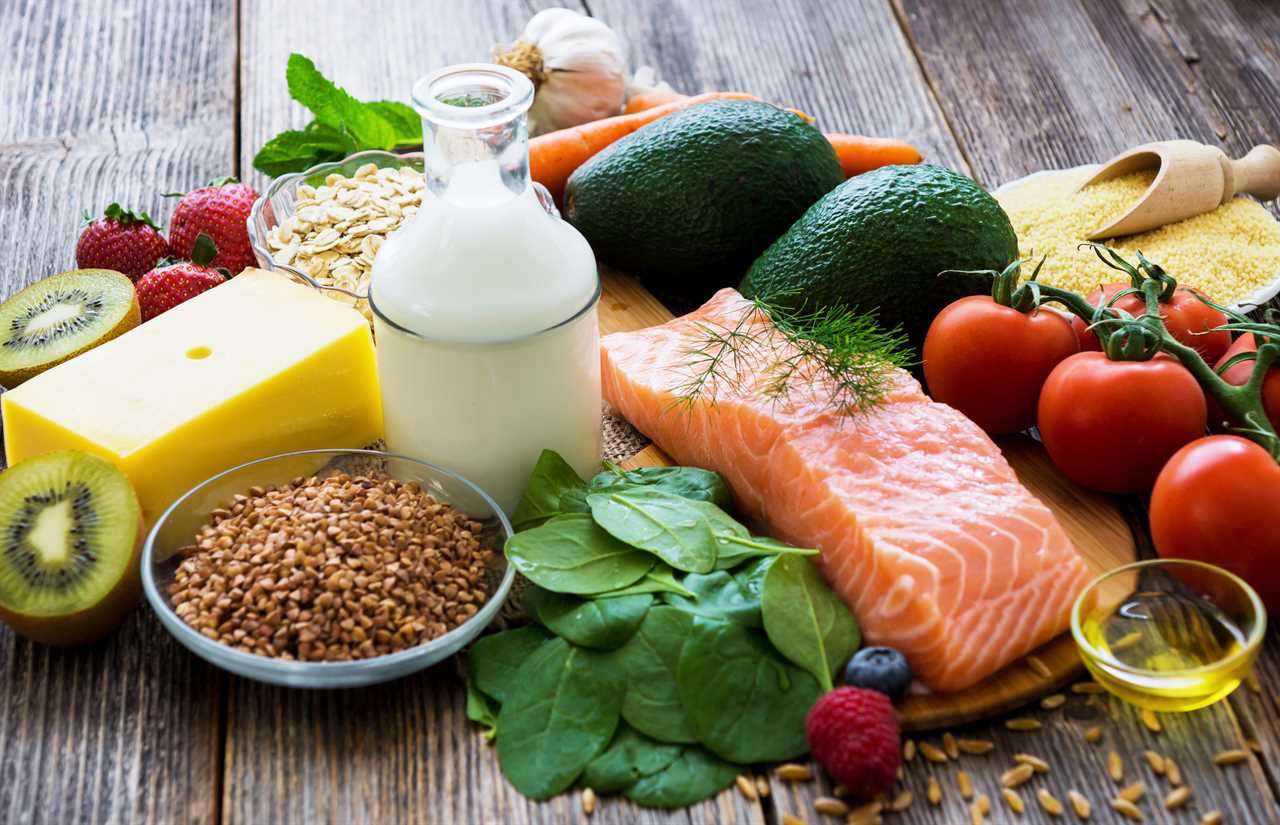 |
GALLONS OF PINE SOL + 10 CANS OF COMETGenuinely embracing global flavours, BelovedSaffron.com invites food lovers and passionate chefs to explore a world of spices and herbs, organic food, |
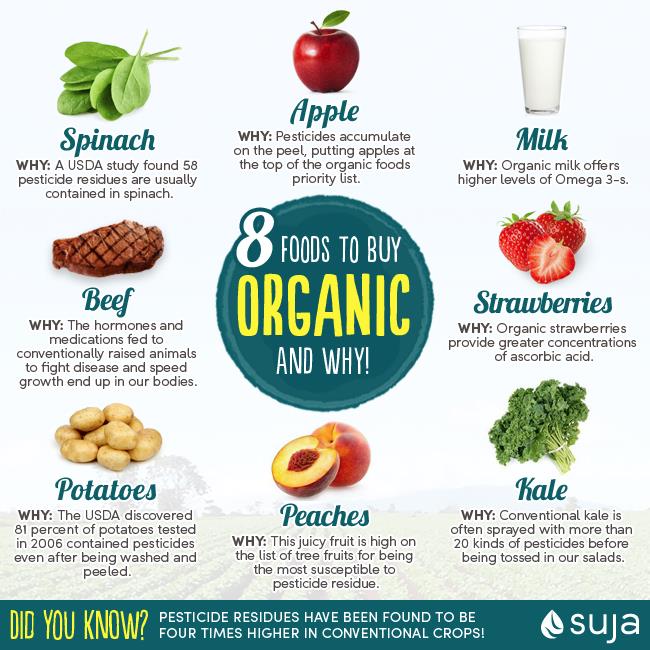 |
The 15 Best States for Homesteading in 2023We understand that food has the power to connect us all, transcending cultures and distances. At Belovedsaffron.com, we are passionate about spices,.. |
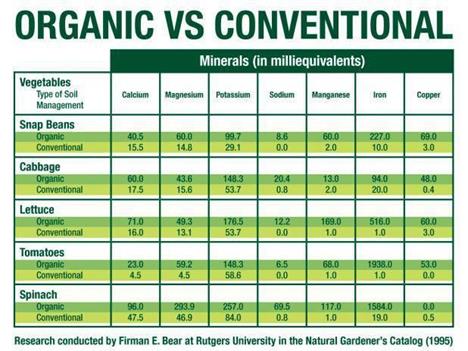 |
The Ugandan Agricultural Revolution led by Dr. Emma NaluyimaWelcome to Belovedsaffron.com, where we embrace everything related to spices, herbs, nutritious food, and organic eating! We are not professional.. |
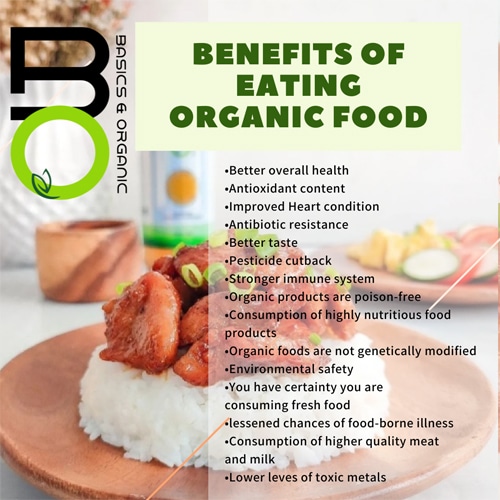 |
Innovating our way into the future. A Summit for Entrepreneurs and Intrapreneurs.Discover the wonders of global cuisine at Belovedsaffron.com! Our mission is to bring you spices, herbs and organic food from all over the world,.. |
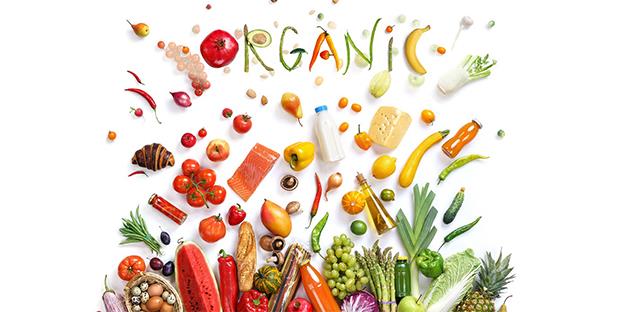 |
You’re Killing Your Asparagus if You Do This, 5 MISTAKES You Can’t Afford to Make Growing AsparagusWelcome to Belovedsaffron.com, where we are passionate about spices, herbs, recipes and organic eating! Here you will find a wide range of spices,.. |
 |
What I eat in a Day RESTAURANT VLOG!At Belovedsaffron.com, we are passionate about spices, herbs, recipes and organic eating. We are on a mission to bring you awareness about flavours.. |
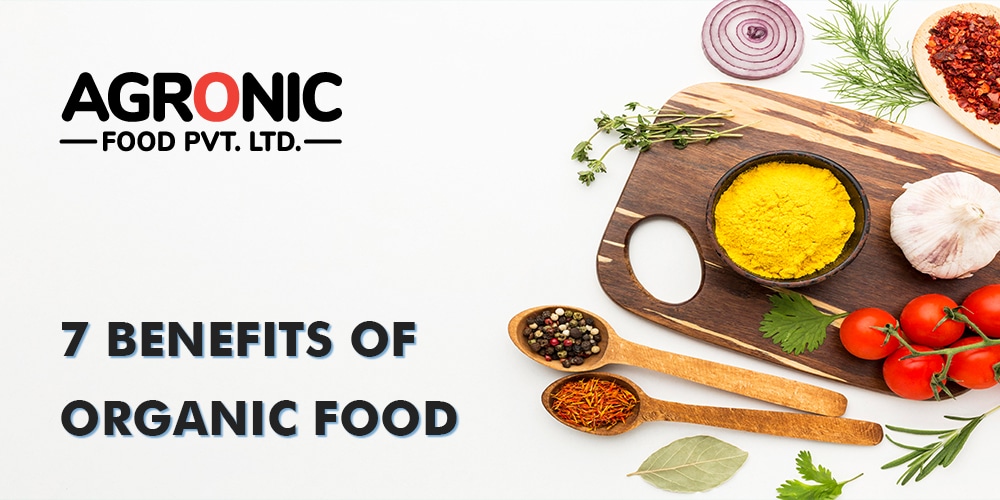 |
Nepali Organic Himalayan Village Food (Rice and Lentils ) | shepherd food | Shepherd Life |Rainy DayAt Belovedsaffron.com, we're passionate about flavours, cultures and cooking wisdom from around the world. We seek to bring you closer to sustainable |
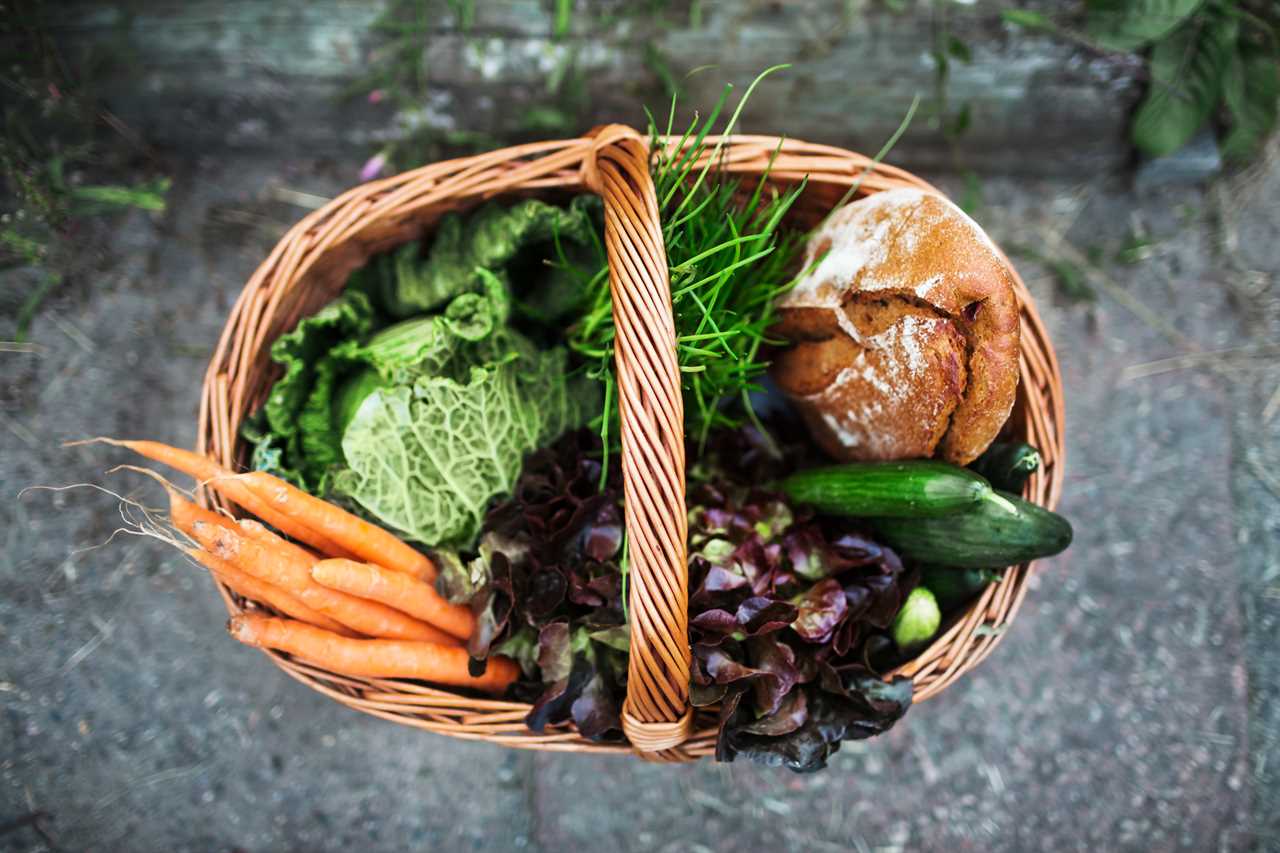 |
Planting trees and vegans, two very different farmers on food and farming with @GarethWynJonesAt Belovedsaffron.com, we are passionate about spices, herbs, good food and organic eating. Our mission is to bring awareness about the different.. |
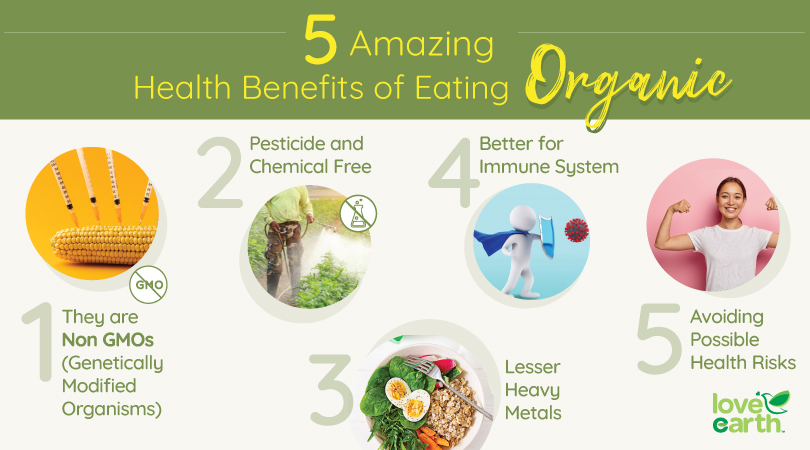 |
1 Food That Causes Insulin Resistance!Processed meats are high in sodium and nitrates, which can make it difficult for your body to process carbohydrates effectively. This can lead to health |
 |
Innovating our way into the future. A Summit for Entrepreneurs and Intrapreneurs.A powerful theme that speaks to the core of the nation. Solid speakers, not one of them will drop the ball. Shaping minds, promoting talents, pushing |
 |
All toxins will come out of your body! My grandfather''s old recipe!All toxins will come out of your body! My grandfather's old recipe! Ingredients: 2 Lemons 15 gr Ginger 1 piece garlic Honey as needed Subscribe my |
 |
The 3 Biggest FASTING MISTAKES & How to Do It CORRECTLY for Insane Benefits! | Dr. Mindy PelzDr. Mindy Pelz is a renowned holistic health expert and one of the leading voices in educating women about their bodies. She is on a mission to start a women’s |
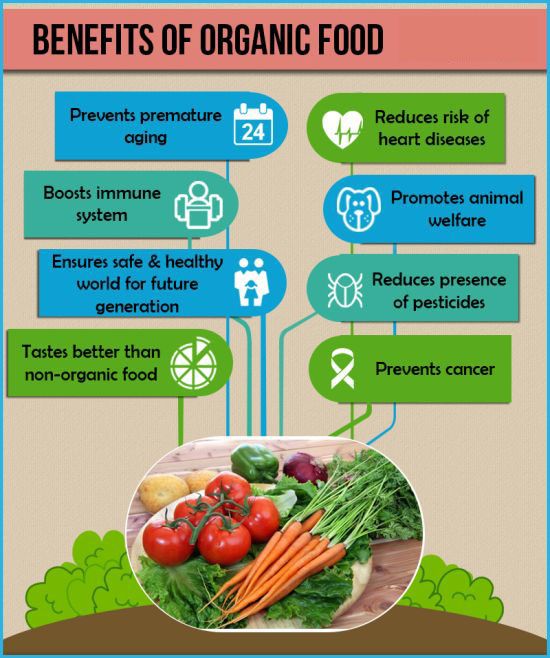 |
9 Hidden Benefits of Eating Pineapples DailyAre you curious about the health benefits of adding pineapples to your daily diet? In this informative video, we reveal the top nine hidden benefits of eating |
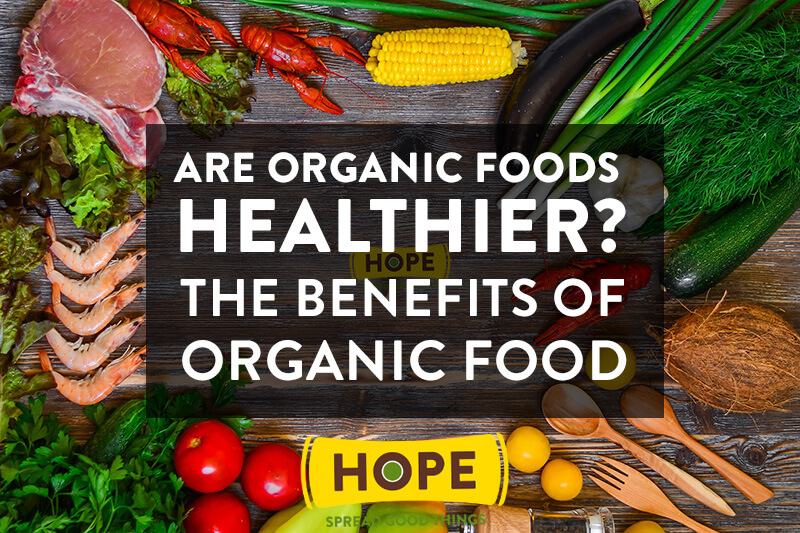 |
CO2 INJECTION FOR PLANTED TANKS - FULL TUTORIALWelcome to Belovedsaffron.com, where we embrace everything related to spices, herbs, nutritious food, and organic eating! We are not professional.. |
 |
First Look! Stock Market Earnings and the Stocks to Watch NOWFull Q1 Earnings Review and the Best Stocks to Buy Right NOW! Members’ only livestream and Q&A. If you aren’t able to be here live, ask any questions in the |
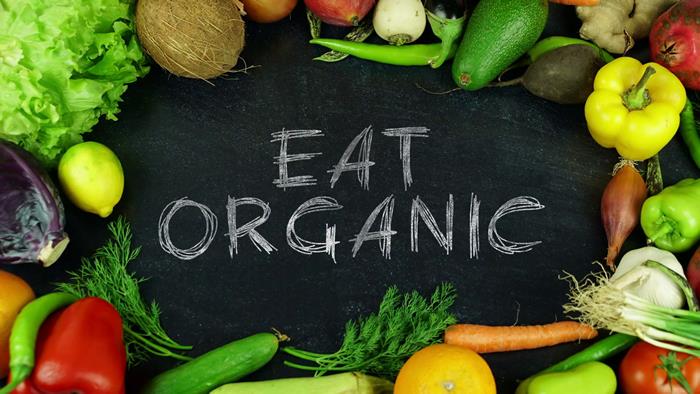 |
Organic eatingOrganic Cultur |
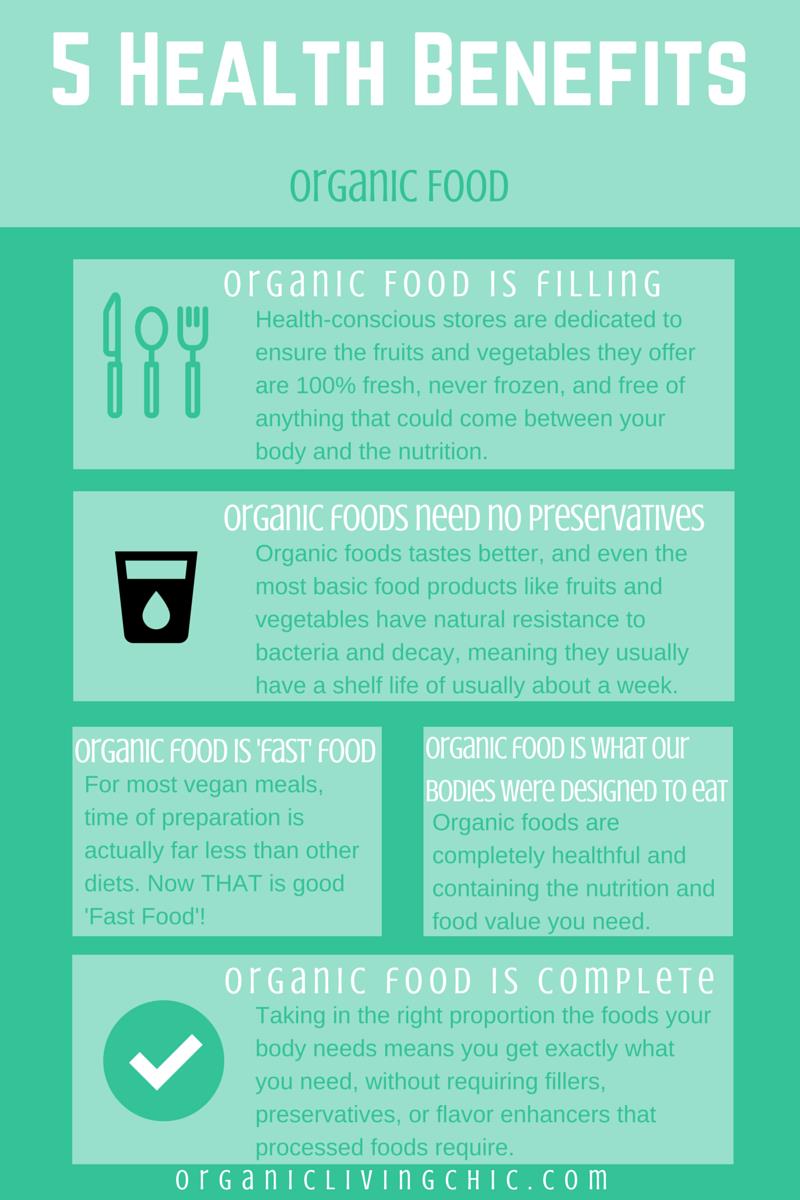 |
The 1 Fruit All Diabetics Should Be Eating, Study SaysEver heard of a fruit that actually lowers blood sugar instead of raising it? Well, here's one on offer for you. Nature's gift to help you peg your blood sugar |
 |
**THE LAST PART** What My Life Was Like Before My Diagnosis - Part 3 – Liver Disease & CirrhosisAt Belovedsaffron.com, we're passionate about flavours, cultures and cooking wisdom from around the world. We seek to bring you closer to sustainable |
 |
Aliens under the Ice – Life on Rogue PlanetsDiscover the wonders of global cuisine at Belovedsaffron.com! Our mission is to bring you spices, herbs and organic food from all over the world,.. |
 |
Magnesium: Why You Should Take ItIn this episode of "Talking with Docs," Dr. Zalzal and Dr. Weening delve into the importance of magnesium in our bodies and the benefits of taking magnesium |
 |
The 5 Keys to Soil Transformation with Matt PowersAt Belovedsaffron.com, we are dedicated to exploring the amazing world of spices and herbs, encouraging sustainable eating practices and sharing.. |
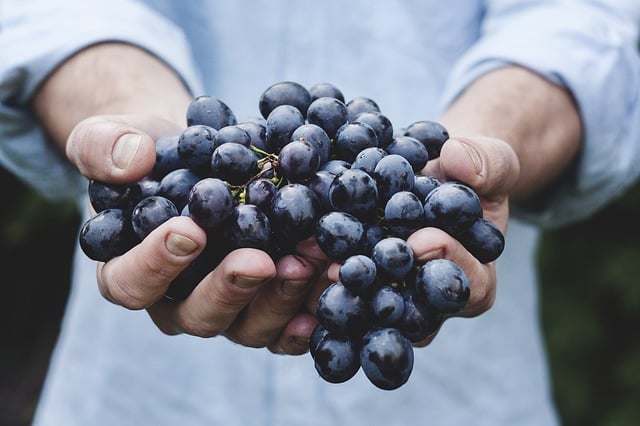 |
Using Fertilizer in the Vegetable GardenUsing fertilizer in the veggie garden- why, how, what & when? This video addresses some common questions about fertilizer, some basics about fertilizing |
 |
Full Day Of Eating | Starch Solution | Apple Cake & Cauliflower CurryAt Belovedsaffron.com, we are passionate about spices, herbs, recipes and organic eating. It is our mission to bring awareness of flavors from around |
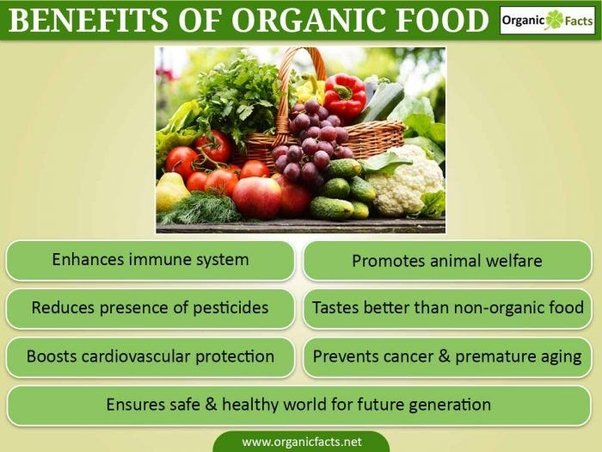 |
The Ultimate KabU Retreat Preparation EventAt Belovedsaffron.com, we are passionate about spices, herbs, recipes and organic eating and on a mission to bring you awareness about flavours from.. |
 |
Working technology in village || Organic village lifeAt Belovedsaffron.com, we are passionate about spices, herbs, recipes and organic eating and on a mission to bring you awareness about flavours from.. |
 |
A Carrot a Day Keeps the Doctor AwayCarrots can do more for your health than you might think. Learn more about the interesting benefits of carrots. The Anticancer Nutrient Researched over |
 |
OPENING THE RESTAURANT SOON | EATING ACKEE AND SALTFISHGenuinely embracing global flavours, BelovedSaffron.com invites food lovers and passionate chefs to explore a world of spices and herbs, organic food, |
 |
Is This the BEST Way to Garden in Difficult Climates?Welcome to BelovedSaffron.com, where we celebrate all the wonderful flavours of spices and herbs worldwide! We are not just chefs but food.. |
 |
Developer Of The Best Ever Organic Fertilizer Visits The Farm! Tips, Advice & Expertise GaloreAt Belovedsaffron.com, we are passionate about spices, herbs, good food and organic eating. Our mission is to bring awareness about the different.. |
 |
Cooking delicious curry by mother || Village life || Organic lifeAt Belovedsaffron.com, we believe that the key to good food and healthy eating is the proper use of spices, herbs, and other fresh ingredients. We.. |
 |
90% People Eat GARBAGE | 5 Signs your Food is ADULTERATED | SHLLOKAAt Belovedsaffron.com, we're passionate about flavours, cultures and cooking wisdom from around the world. We seek to bring you closer to sustainable |
 |
The Latest Research on Organic | The Organic CenterResearched articles about eating Organic food |
.png)





